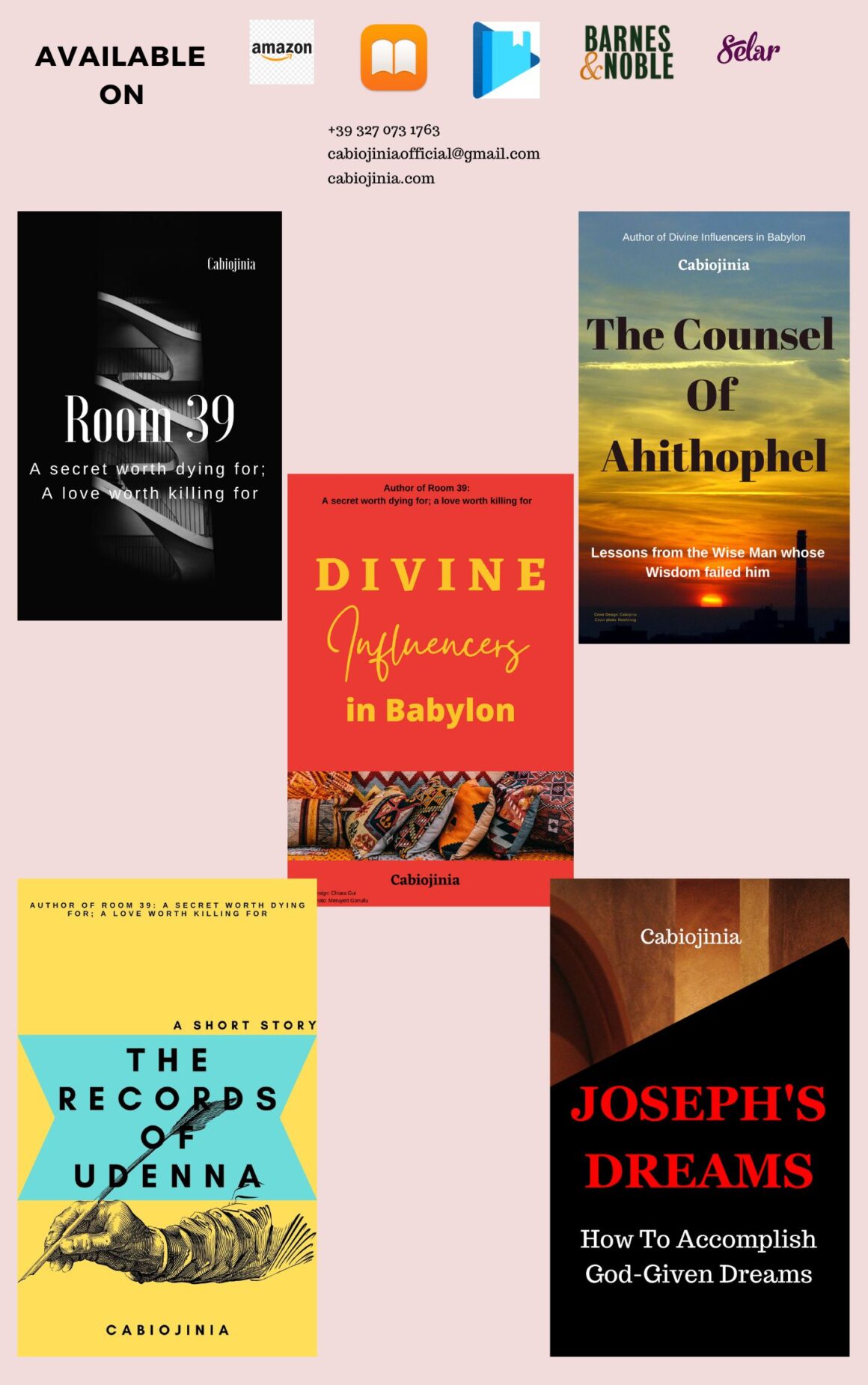King David was experiencing one of the worst moments in his life as a father and as a king; something that would have been impossible to imagine prior to the killing of Uriah. But after David killed Uriah, the consequences would be devastating for him and his house. His third son Absalom was determined to assassinate him just to lay hold on the throne.
Absalom hired the services of Ahithophel, David’s friend, for counsel on the best strategy to employ to capture and kill David. Upon hearing the deadly strategy spelt out by Ahithophel, David immediately crossed river Jordan to the land of Mahanaim.
And just like every fugitive, he wasn’t only vulnerable to attacks, but was also in misery – weary, distressed, with no provision for himself nor for his troop. It was at this point that Barzillai, a wealthy man from Rogelim in Gilead, together with others, brought sleeping materials and various food items for him and the people with him. After they’ve refreshed themselves, David strategizes on how to conduct the war against the troops of Absalom at Mount Ephraim.
Now, after the death of Absalom, David needed to return to Jerusalem to continue his reign. After conducting King David over Jordan, Barzillai was presented with a juicy reward of dining with the King, and, of course, staying with him in Jerusalem.
But my old, great man understood his limits; his ability to discern good and evil, his senses of taste and of hearing were already impaired. ‘‘How long have I to live?’’ he rhetorically asked David. “I’m an old man and wouldn’t want to bother you nor your servants with my care and upkeep.” He continued. “Allow me to accompany you across Jordan, then I’ll return to my city and die in peace and be buried by the grave of my father and mother.”
Before his conclusion however, Barzillai requested that David take his son Chimham to Jerusalem with him, so Chimham will enjoy the reward of his father’s generosity. David consented.
A few Takeaways
1. Be reminded that your earthly reward could actually be paid to your offspring and not to you directly. And that you should always help those in need, not expecting anything in return.
2. Another take-away from Barzallai is to understand when to exit gloriously and leave space for the young people. This is something that our power-hungry, immoral-laden politicians who wish to cling to power till death do them part do not understand. Same thing with the heads of institutions who think that everything starts and ends with them, so they have no plans for posterity.
3. And David, understanding that reward for kindness should never be buried with the dead, commanded Solomon never to forget the sons of Barzillai, but to have them continually eat at his table. It was a weighty charge at the bedside of a dying king. When someone helps you in any way, it’s not an evil to show appreciation. And when you can, also reward in kind either to him/her or to his offspring. Rewards shouldn’t be buried with the giver but passed on.
4. Finally, it doesn’t matter the office or position any individual occupies, we all face challenges in life. David was king yesterday, and today he’s a fugitive running from his own son. Tomorrow he’ll return to the throne.
5. The people you meet in your daily life may be going through something you’re not aware of. So, be kind and speak words that heal and uplift. You may not have material things to offer the needy, and quite frankly some needy people aren’t poor, but your prayers and words of encouragement may be what that man, woman, youth or child needs. Don’t act like Shimei who began to curse and throw stones.
Reflect on the numerous lessons embedded in the short story concerning Barzillai, and may God give you understanding.
Scriptural references: 2 Samuel 17:27-29;19:31-40. 1 Kings 2:7; Proverbs 27:10.
If you enjoyed this article, please share it with your friends and family. God bless you.
Also, read other articles on this blog; there’s certainly something you’ll enjoy.
















